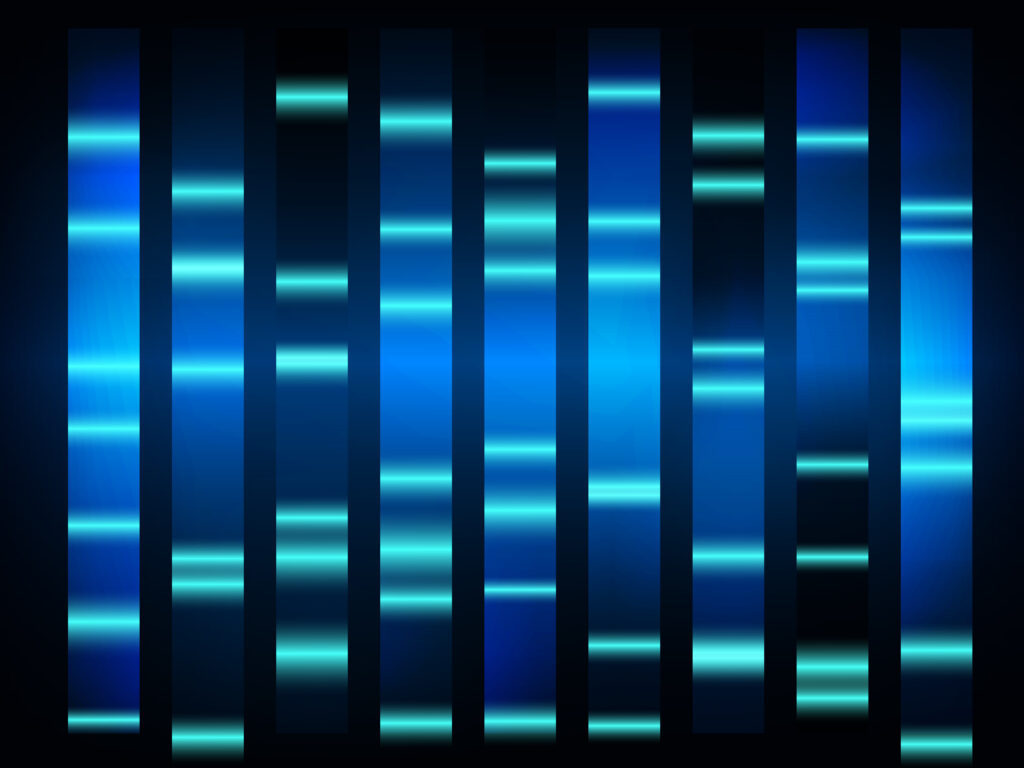Molecular characterization of biomolecules by Capillary Electrophoresis
A five-day intensive course on capillary electrophoresis for biomolecular analysis, combining theoretical knowledge with hands-on practice. Learn to analyze proteins, peptides, and glycans with advanced detection techniques and enhance your biomolecular research skills.

The faculty hosting the training

Faculty of Engineering
- 2025.10.03.
What you will learn
This five-day short course provides an in-depth introduction to the molecular characterization of biomolecules using capillary electrophoresis (CE). Participants will gain theoretical knowledge and hands-on experience with CE techniques, including sample preparation, separation principles, and data analysis. The course will cover applications in protein, peptide, and glycan analysis, with a focus on UV and laser-induced fluorescence (LIF) detection. Designed for researchers, industry professionals, and students this course offers practical insights into the advantages and challenges of CE in biomolecular research. In the late afternoons and early evenings, participants can enjoy organized social activities, exploring the city and the beautiful surroundings of Lake Balaton.
Course description
Participants will:
Understand the fundamental principles of CE and its applications in biomolecular analysis.
Gain hands-on experience in sample preparation, method development, and data interpretation.
Apply CE techniques for the characterization of proteins, peptides, and glycans.
Optimize separation conditions in CE experiments.
Analyze electropherograms and extract relevant molecular information.
Work with UV and laser-induced fluorescence (LIF) detection for enhanced sensitivity in biomolecule analysis. Develop skills to implement CE techniques in academic and industrial research settings.
Recommended for
Researchers and laboratory professionals working with biomolecule analysis (e.g., proteins, peptides, glycans) who wish to expand or deepen their knowledge of capillary electrophoresis techniques.
Industry professionals in the pharmaceutical, biotechnology, or food sectors looking to implement or optimize analytical methods in their laboratories.
MSc and PhD students in chemistry, biochemistry, bioengineering, pharmacy, and life sciences who want to learn the fundamentals of capillary electrophoresis and its applications in biomolecule analysis.
Training Topics
Day 1: Introduction to Capillary Electrophoresis
Morning (Theory): Fundamentals of electrophoretic separation, types of CE techniques, and instrumentation.
Afternoon (Practice): Overview of CE equipment and setup; hands-on demonstration of CE instruments.
Welcome evening – participants will prepare and enjoy traditional Hungarian dishes, creating an opportunity to get to know each other in a warm and informal setting.
Day 2: Sample Preparation and Method Development
Morning (Theory): Sample handling, buffer and additive selection, and separation condition optimization.
Afternoon (Practice): Hands-on preparation of samples and optimization of conditions for CE.
Day 3: Applications in Biomolecular Analysis
Morning (Theory): CE for protein, peptide, and glycans characterization.
Afternoon (Practice): Running CE experiments to analyze biomolecules and interpreting results
Exploring Veszprém – a guided tour of the city, discovering some of the city’s cozy pubs and local spots.
Day 4: Laser-Induced Fluorescence (LIF) Detection
Morning (Theory): Principles of LIF detection and its advantages in biomolecule analysis.
Afternoon (Practice): Fluorescent labeling of biomolecules and practical application in CE-LIF.
Wine tasting at a Lake of Balaton winery, sampling local wines and learning about the region’s rich winemaking traditions.
Day 5: Data Analysis and Hands-on Practice
Morning (Theory): Data analysis techniques, softwares
Afternoon (Practice): Running CE experiments, analyzing data, and resolving challenges in real-time. Closing dinner to celebrate the week’s achievements, share experiences, and enjoy a memorable evening together.
Entry requirements
Basic knowledge of chemistry and biology, particularly in molecular biology and analytical techniques.
Familiarity with laboratory practices and general analytical instrumentation.
No prior experience in capillary electrophoresis (CE) is required, but a fundamental understanding of separation techniques (e.g., chromatography, electrophoresis) is beneficial.
Expected Duration/Intensity of the Training
1 week, 40 hours, Monday-Friday (8 hours/day)
I’m enrolling
Courses that may interest you
Introduction to Industrial IT Systems (Industry 4.0)
The training series aims to provide a clear introduction to the basics, benefits and operating conditions of the Fourth Industrial Revolution, while providing practical knowledge in web development, programming, data management and industrial performance calculation through IT modules. The modules can be completed flexibly and in a sequential manner, offering participants immediately applicable skills.
60 hours
Introduction to Circular Economy (summer course)
The aim of the training is to provide corporate and institutional decision-makers with a foundational understanding of the circular economy model. The course comprehensively summarizes the most important theoretical and practical issues of this emerging topic.
25 hours
DevNet Associate
The training is designed to prepare participants for roles such as network automation engineer, network developer, and other technology integration positions. Throughout the program, participants will master the fundamentals of software development, learn to harness network automation techniques, and understand API integration—all built upon the robust Cisco Networking Academy curriculum.
40 hours




